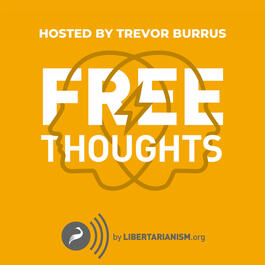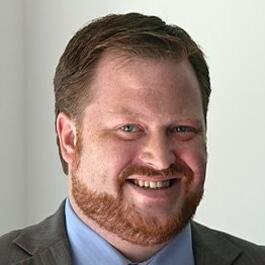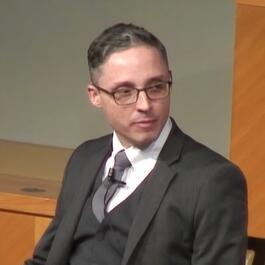
How Taxation Affects Income Inequality (with Phil Magness)
Throughout the history of America, we have used a variety of methods to tax the income of the public. Prior to the World War II only a fraction of the population actually made enough money to reach a taxable threshold. However, during and after the war, that threshold was lowered so much that about 90% of the population qualified for taxes to be automatically deducted from their paycheck. With that being said, there was also more deduction opportunities than their are today to avoid a large tax bill. What assumptions do we make about income inequality? Is economic inequality inherently bad? How high is income inequality in the U.S.? What is a marginal tax rate? What is tax planning? What is modern monetary theory and what is it missing?Further Reading: Anti-Piketty: Capital for the 21st Century, edited by Jean-Philippe Delsol, Nicolas Lecaussin, & Emmanuel Martin Capital in the Twenty-First Century, written by Thomas PikettyRelated Content: What Paul Krugman Got Wrong About Alexandria Ocasio-Cortez’s 70% Tax Rate, written by Michael Makovi Taxation: How the Government Funds Itself, Free Thoughts Podcast A Libertarian Approach to the Green New Deal, Building Tomorrow Podcast Hosted on Acast. See acast.com/privacy for more information.
From "Free Thoughts"





Comments
Add comment Feedback